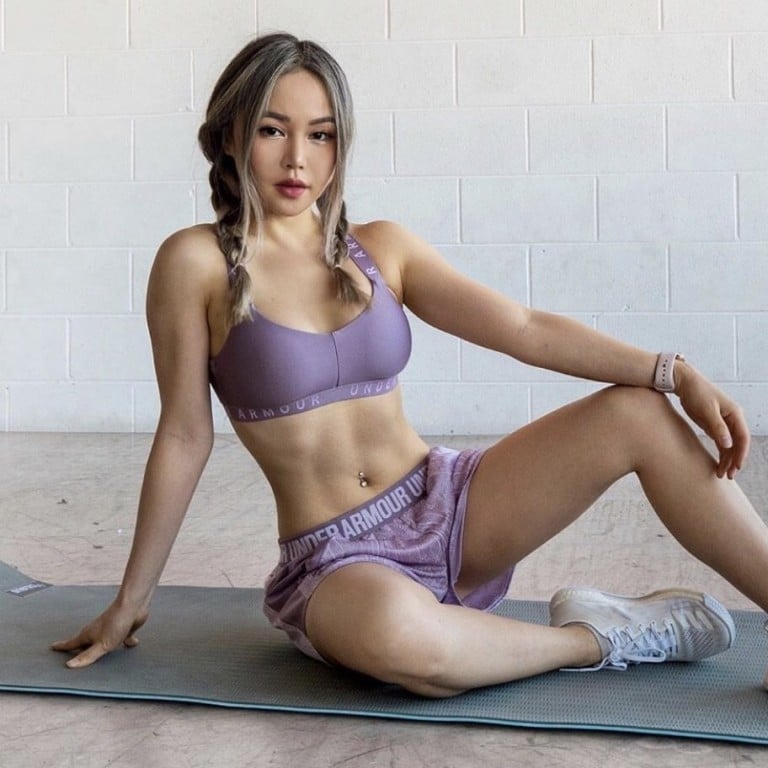
Fitness influencers: the amateurs who post ‘no effort’ workout routines for toned abs, and the professionals who debunk them
- Fitness influencers share tips, diets and workouts online, using their healthy, beautiful bodies as examples
- Promoting health is good, say professionals, but most influencers are unqualified and their ideas can be dangerous
Their YouTube videos promise peach-shaped rears in 35 days. On their Instagram pages, they flaunt their toned bodies and abdominal muscles, directing envious viewers to their latest workout video that shows how to achieve this physical definition.
Lest they be accused of overlooking their diets, they also talk about the daily meal plans that purportedly help them “get a flat belly and abs”.
The fitness world has a new face, and it is female and clad in expensive athleisure clothing. Boasting millions of subscribers and legions of fans, fitness influencers post slick workout videos on their social media feeds, replete with titles beloved by search engines and fitness acolytes alike. Workouts longer than 15 minutes are rare.
The underlying implication? You, too, can look as Instagrammable as they do – all “without effort”, to borrow an often-quoted phrase from some of their videos.
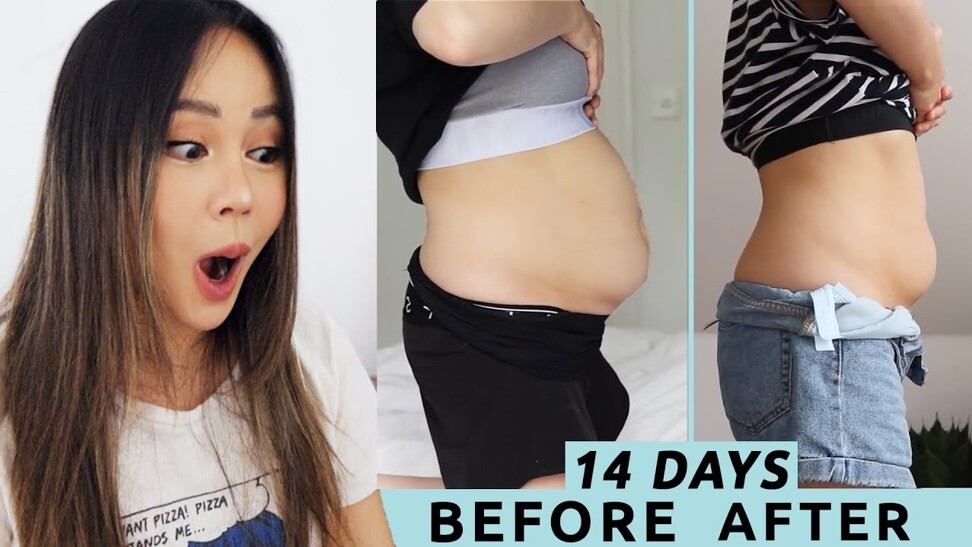
Among this movement is YouTuber and social media starlet Chloe Ting. Brunei-born Ting now lives in Australia and has 14.1 million subscribers on her YouTube channel, where the eponymous #ChloeTingChallenge was born in 2019.
The challenge promises viewers abs in two weeks, thanks to a workout routine that’s just under 10 minutes long. It’s an uncomplicated routine that can be done with nothing more than a willing body.
It should be no surprise, then, that the video has racked up more than 228 million views and spawned a viral hashtag since its release in August last year.
The #ChloeTingChallenge tag is awash with impressive before-and-after photos, usually of young women flexing their comparatively slimmer abdomens in front of a mirror.
“There are times I need to put on Voltaren [a pain relief gel] to relieve the pain … but at the end I did it,” enthuses one participant of the viral challenge, who shared her own comparison pictures on Instagram. “And I realise that me myself can do anything that I want. Just need to really desire it.”
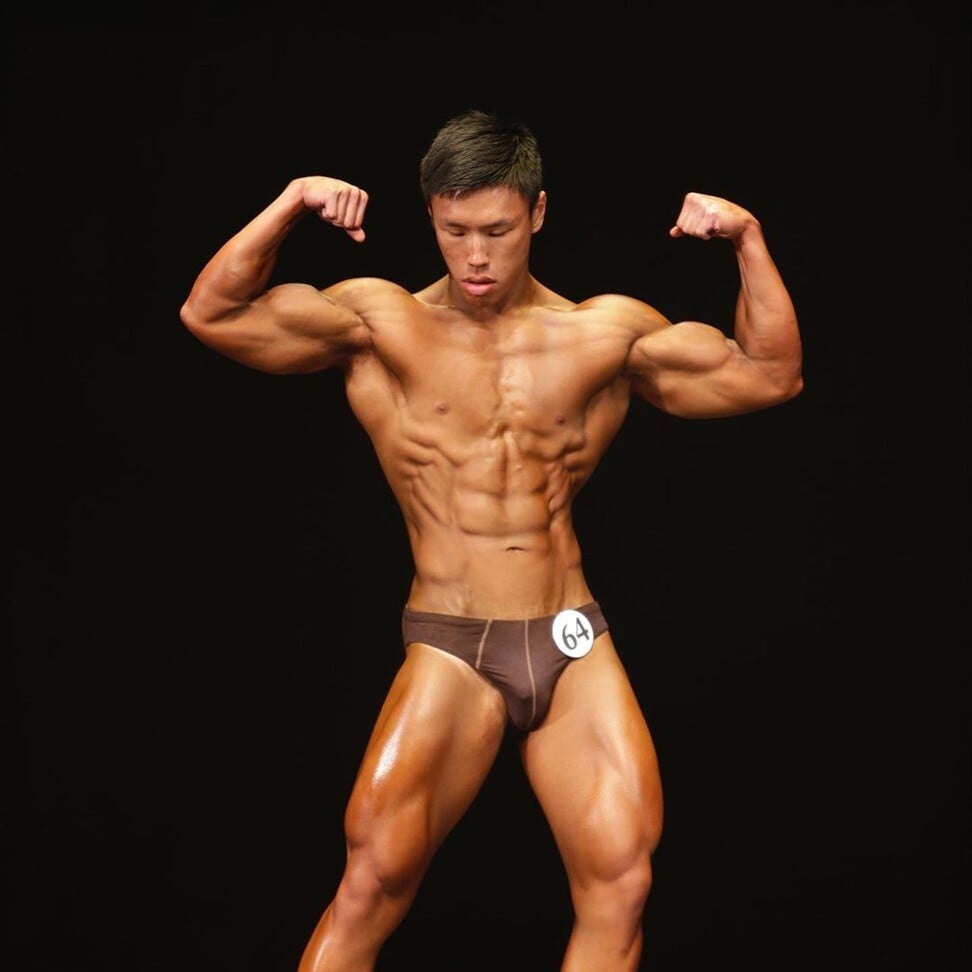
In spite of the legions of rave reviews, there’s one place where these influencers haven’t found fans – and that’s among professional fitness experts and trainers. Trainers say they’re calling out these influencers not out of spite, but in the interest of public health.
One of them is Singaporean bodybuilder and American Council on Exercise (ACE) certified trainer Chin Nian Kang. In June, Chin posted a 62-slide Instagram Stories “exposé” on Ting.
In the now-deleted series, Chin asserted that Ting “knows nothing about fitness or dieting or lifting or training”. Chin explained his argument on Instagram: “My point is not that she doesn’t look good; she does, and women would kill to have her figure,” he said. “My point is that she simply isn’t qualified enough to be teaching people.”
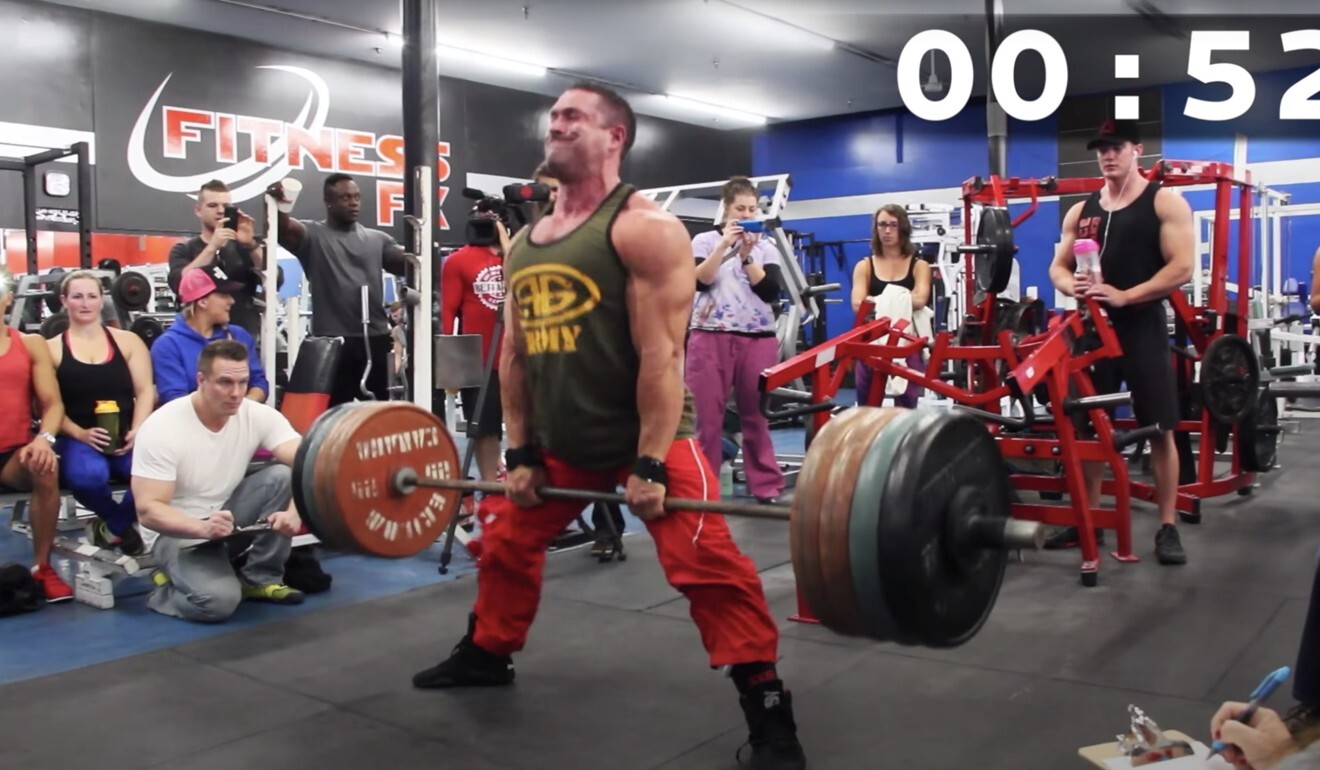
As some professionals explain, such so-called fitness challenges are great for an Instagram post, but not so great in the long run.
“People need to understand that training is a very individualistic process,” says Aqil Zainal, an instructor at Singapore’s Evolve Mixed Martial Arts gym and former close combat instructor for the Singapore Armed Forces.
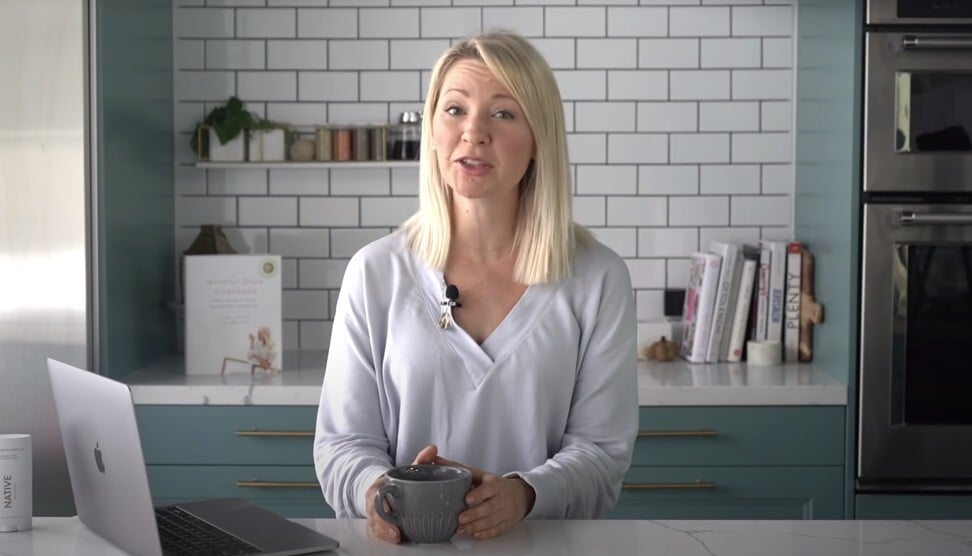
“It’s great that these influencers are starting a movement and getting a lot of people to lead a healthier lifestyle. But giving guarantees, such as abs in two weeks, could definitely do more harm than good. Some people might actually feel worse from when they started, as they might not see progress or change as rapidly as promised.”
Influencers fare no better on the diet and nutrition front. Certified Canadian nutritionist Abbey Sharp runs a series on her YouTube channel called “Dietitian Reviews”. In it, she puts a critical eye on the nutritional recommendations of fitness influencers, and gives her incisive takes on their nutritional habits.
“I started the series when I found Freelee the Banana Girl on YouTube,” says Sharp, referring to Australian influencer Leanne Ratcliffe, who went viral in 2014 for her 50-bananas-a-day diet, “and I felt compelled as a dietitian to call out a lot of the problematic and dangerous information she was sharing about healthy eating.
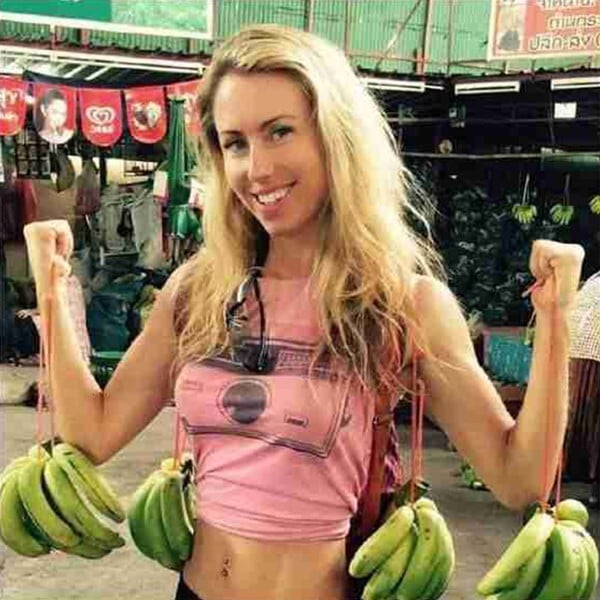
“I feel like it’s really risky for unqualified lifestyle influencers to sell plans or give explicit recommendations,” she adds. “There’s a responsibility to the public for these influencers to be armed with evidence-based information, and when there isn’t, to be explicit about that in a disclaimer.”
Still, Sharp commends influencers like Ting for calling on nutrition professionals like herself to “fill the gaps” when it comes to food-related content. “I think it’s the responsible thing to do,” she says.
Not every fitness influencer follows the same playbook of two-week “shreds” and faddish diets – nor do they say that they’re in it for the fame.
In Singapore, ACE-certified personal trainer and accredited yoga teacher Georgina Poh shares uncomplicated workouts through multi-video Instagram posts to some 126,000 followers. Videos include beginner workouts that can be done using a foldable chair, and chest presses with water-filled milk cartons – all annotated with trainer-like directives.
Poh notes that while it’s important for influencers to “know what they are doing and sharing” when it comes to workout tips, the advent of fitness influencers comes with an unintended boon: that is, normalising the presence of women in the fitness world.
“I used to receive a lot of messages from girls saying that they’re afraid of going to the gym, because they might be the only female there,” says Poh. “But now, I don’t get as much of those.”
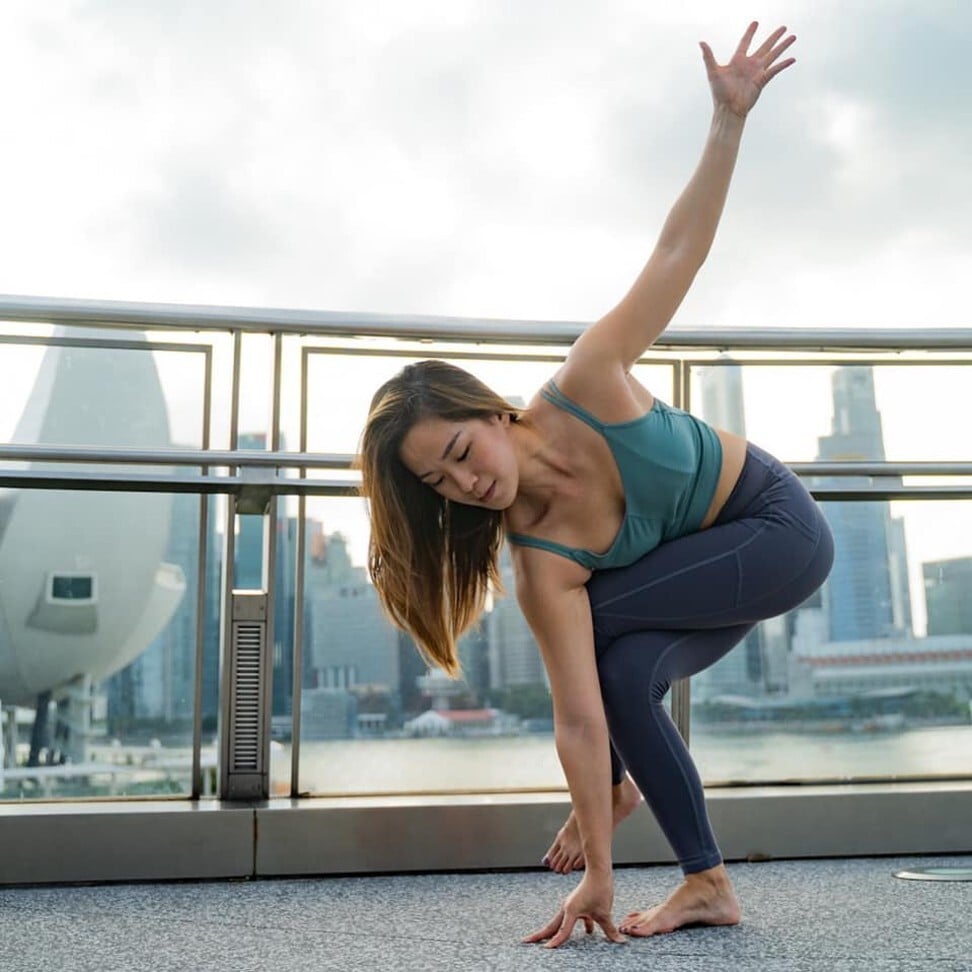
Likewise, accredited yoga instructor Roxanne Gan, who founded the Singapore-based Zoi Yoga studio, believes that as more female fitness influencers find success on social media, they’re helping to debunk antiquated perceptions of women in the fitness world.
“In the past, women with muscles were always scrutinised and body shamed,” says Gan, who shares pictorial guides and step-by-step videos of yoga poses to her 126,000 Instagram followers. “But now, more women are breaking the stigma that only men can lift and be fit.”
“Plus, instead of not knowing where to begin when you’re looking to get active, social media now provides an array of free workouts for everyone.”
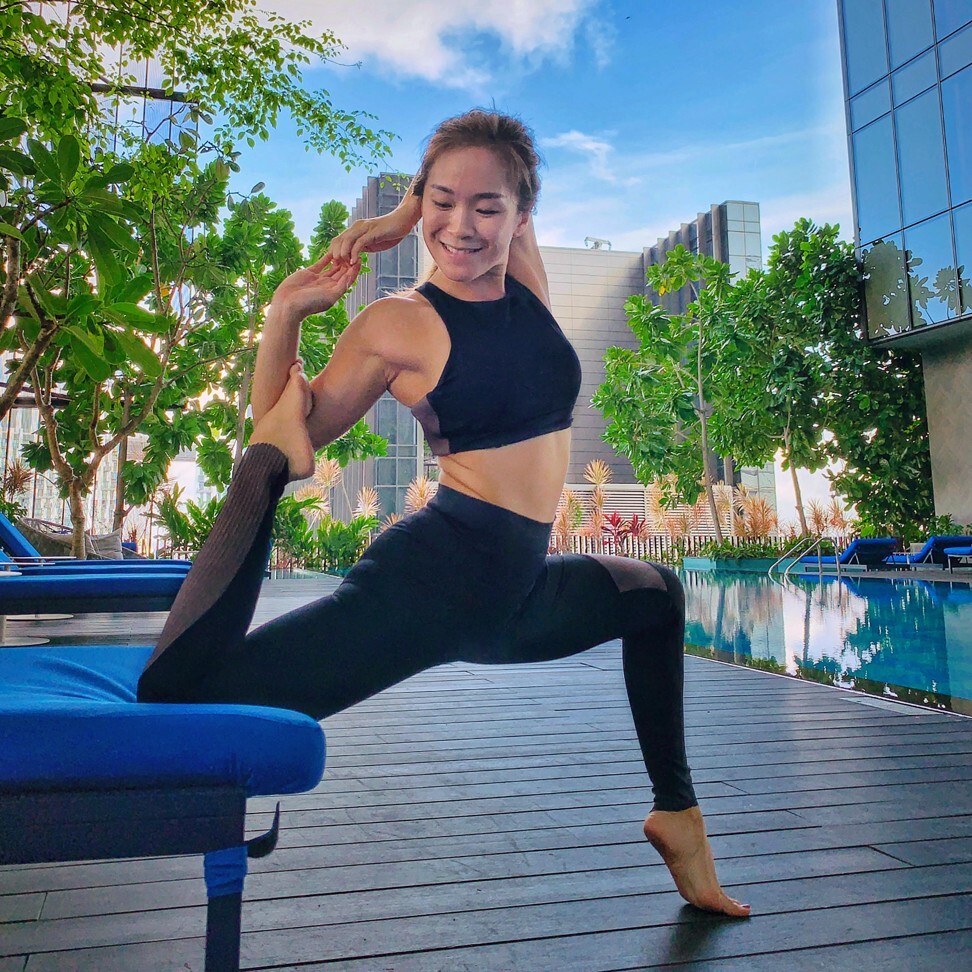
Ting declined to comment for this feature, stating in an email that she prefers “putting [her] energy into [her] content”.
Other professionals say that it’s not the fitness influencers themselves who deserve the flak, but rather the overarching culture of wanting instantaneous results.
“The problem with get-fit-quick programmes is sustainability,” says Joanne Ignacio, a trainer certified by the National Academy of Sports Medicine in the United States and an accredited yoga and meditation teacher.
“Most people start their regimes extremely motivated with long workouts and strict diets. This creates a huge caloric deficit and, perhaps, a noticeable amount of weight loss. But the sudden change would cause them to roll back on their progress and some might even give in to their impulses, causing more weight gain.”
Ignacio, who is also the recreation assistant manager at luxe wellness resort One&Only Desaru Coast in Malaysia, adds: “Ultimately, it’s about making wellness a part of your lifestyle for years to come.”
Certified Singapore nutritionist and physical educator Thabata da Costa Manso agrees. She says that like any diet plan, fitness routines need to be personalised for the individual, and have to be taken on “progressively, over time”.
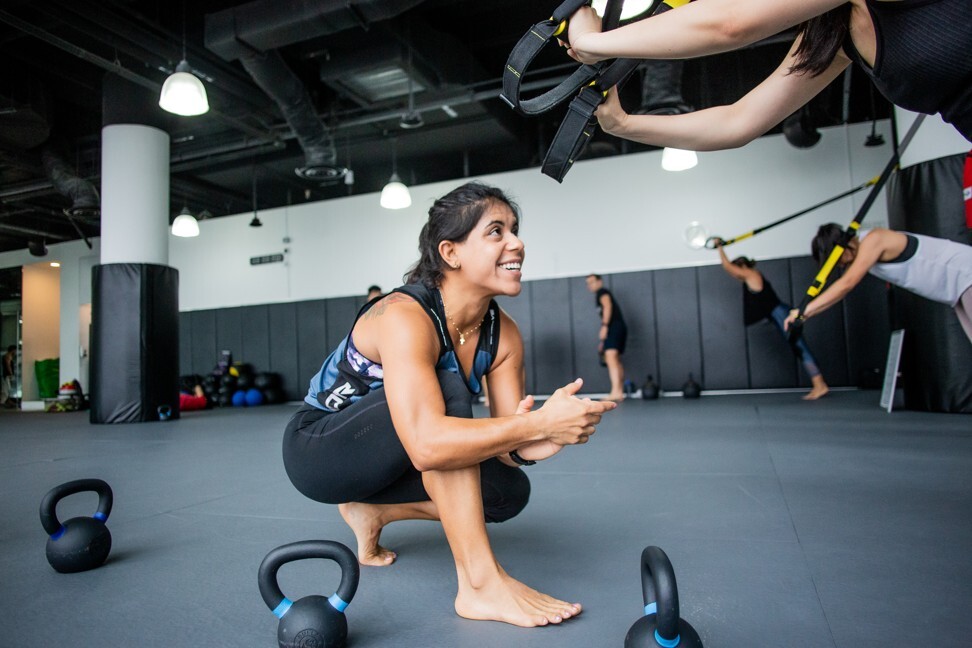
“It’s not a one-size-fits-all product,” she says. “It’s not attainable for the general public because everyone is different – be it genetics, daily routines or way of life.”
People who follow the get-fit-quick tips of fitness influencers and subsequently fail to see results might even become demoralised and give up on taking care of their health entirely, da Costa Manso adds.
“Sometimes,” she says, “people are more willing to commit an hour to watching these influencers’ videos than to dedicate themselves to a workout.”
